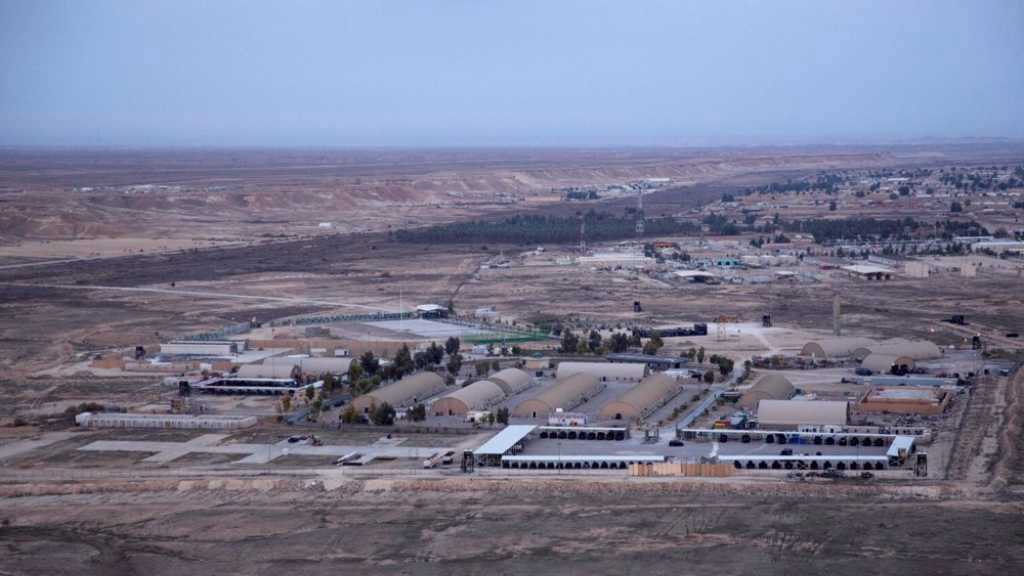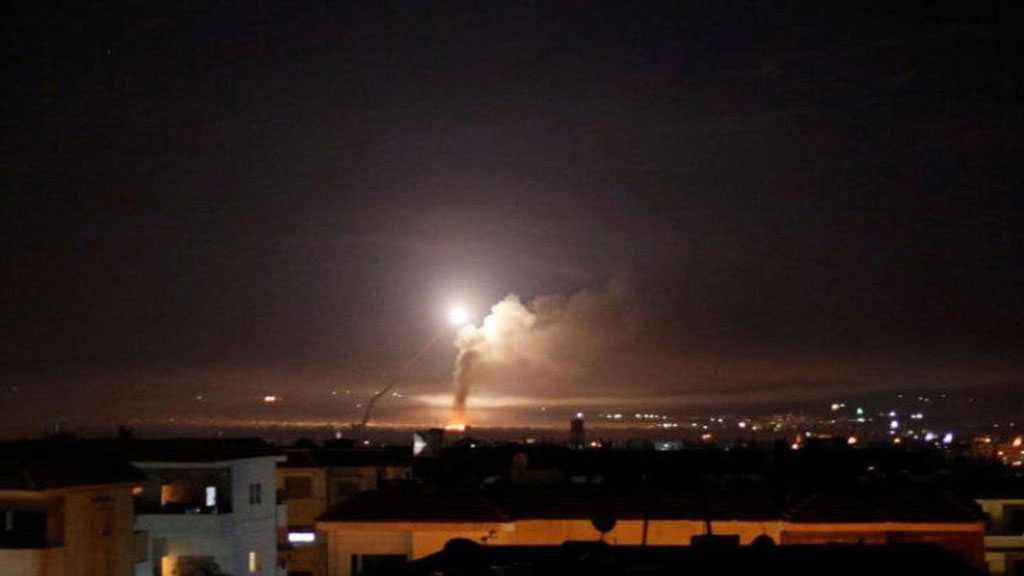
US Sanctions Behind Syria’s Acute Fuel Crisis

By Staff, Agencies
Syria is experiencing worsening gasoline shortages as a result of tougher US sanctions disrupting crucial fuel imports, Syrian Oil Minister Bassam Touma said Wednesday, the latest crisis to hit the war-devastated country's crumbling economy.
The Caesar Act - the toughest US sanctions which came into force last June prohibiting foreign companies trading with Damascus - had disrupted several imported shipments from undisclosed suppliers, Touma told state television.
"The tightening of the American siege and their barring of imports from arriving forced us to reduce distribution of gasoline by 35 percent," the minister said.
Residents say there have been acute shortages in the capital and main cities, where long queues have been building at petrol stations in the last week.
The fuel shortages come with the country amid an economic crisis, a collapsing currency and inflation sky-rocketing, aggravating hardships for ordinary Syrians battered by years of war.
The government has limited private vehicles to 30 liters of gasoline every four days, with residents saying hundreds of motorists wait for hours before gas stations are opened.
Oil production collapsed after Damascus lost most of its oil producing fields in a stretch east of the Euphrates River in Deir Ez-Zor.
These oil fields are now in the hands of US-backed Syrian Kurds, who continue to sell part of the oil to Damascus.
Syria had previously relied on Iranian oil shipments but tightening sanctions on Iran, Syria and their allies have dried up supplies in the past year.
The shortages were worsened by major maintenance at the Baniyas refinery, the country's largest, which supplied two-thirds of the country's gasoline needs, the minister said.
Touma said once unavoidable maintenance work at the 130,000 barrel per day capacity refinery had been completed in the next 10 days, capacity would rise by 25 percent. Shipments from several undisclosed sources would also help ease the crisis later this month, he added.
Oil traders say oil imports through Beirut port, a major conduit, have also been disrupted in the wake of a major explosion last August.
Comments
- Related News

Al-Assad: Palestinian Resistance Defeated ‘Israel’
4 months ago

